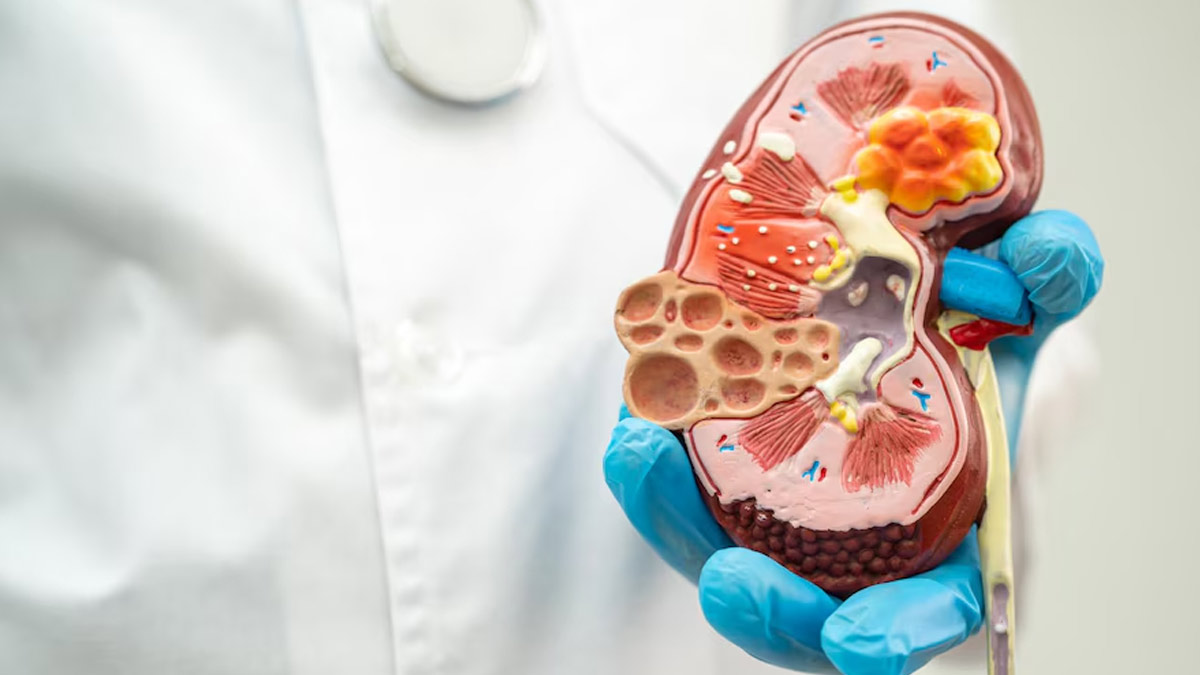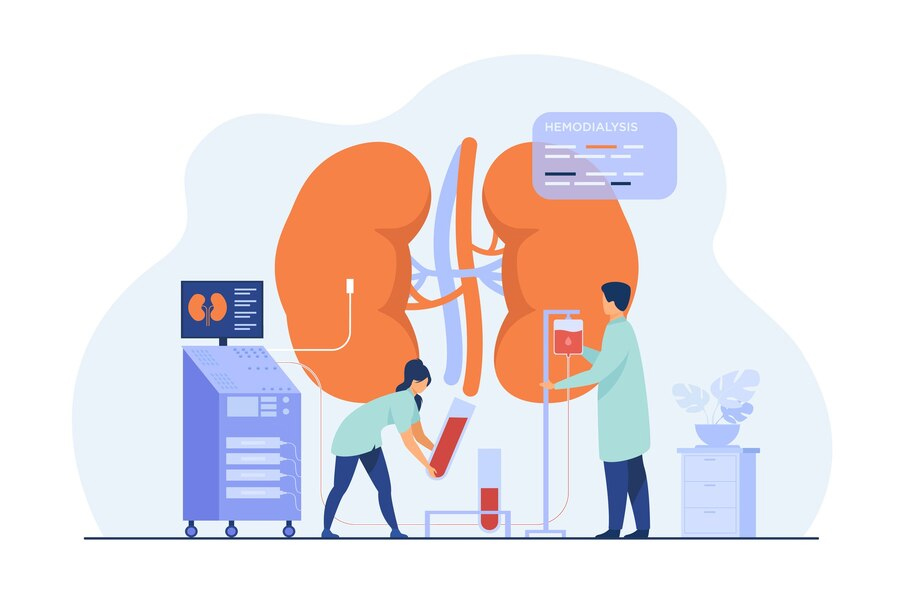
A kidney transplant is a life-saving procedure for people dealing with severe kidney diseases. It is a surgical procedure that involves placing a healthy kidney from a living or deceased donor into a person whose kidneys are no longer functioning properly. It is important to have detailed preoperative evaluation and post-operative care and follow-ups to ensure a successful outcome of a kidney transplant. We spoke to our expert Dr Vikas Jain, Director and Unit Head, Department of Urology, Uro-oncology & Renal Transplantation, Fortis Hospital, Shalimar Bagh, who listed tips to follow pre and post-kidney transplant.
Table of Content:-
According to StatPearls, kidney transplantation aims to extend and enhance the lives of individuals suffering from end-stage renal disease. There are two primary surgical approaches, open and laparoscopic, utilised for both the procurement and transplantation processes. The primary surgical indication for this procedure is end-stage renal disease.

Pre-Operative Aspects For Kidney Transplant
“Before transplantation, both the patient and the donor undergo a thorough evaluation to confirm the donor's excellent health status and ensure that the act of donation will not harm their well-being after surgery”, said Dr Jain.
He added, “The patient also undergoes a comprehensive assessment to ascertain that the new kidney will provide long-term benefits. This involves an extensive array of tests for both parties and may require some time to complete. It is essential to undergo this rigorous evaluation to achieve the desired outcome.” Additionally, counselling plays a crucial role in helping individuals understand the transplant procedure and manage expectations for the post-surgery period.
Post-operative care For Kidney Transplant
Here are some post-operative care tips that you should follow after a kidney transplant:

Immunosuppressive Medications
- Strict adherence to prescribed immunosuppressive medications to prevent rejection
- Regular monitoring of drug levels and adjustments as needed
Monitoring for Rejection and Regular Lab Tests
- Regular follow-up appointments and monitoring for signs of rejection, infection, or other complications.
- Periodic blood tests to assess kidney function, drug levels, and overall health.
Infection Prevention
- According to the National Kidney Foundation (NKF), The immunosuppressive medications prescribed to prevent rejection of your transplanted kidney also suppress your immune system. This suppression increases your susceptibility to viral and other infections.
- Maintain proper hygiene to reduce the chance of contracting illnesses.
- Avoid crowds and sick individuals, and stay up to date on vaccinations.
Also Read: World Kidney Day 2024: Expert Explains How Dialysis Differs In Younger And Older People

Blood Pressure Control
Monitor and control blood pressure to protect the transplanted kidney. According to NKF, New-Onset Diabetes After Transplant (NODAT) can develop even if you did not have diabetes before the transplant. This condition arises as a potential side effect of the medications required to prevent rejection of the newly transplanted kidney.
Lifestyle Modifications
- Ensure a healthy lifestyle by eating a balanced diet and exercising regularly.
- Quit smoking and limit alcohol intake.
- Achieve and sustain a healthy weight by losing weight as necessary.
Dental Hygiene
Maintaining good dental hygiene after a kidney transplant is essential for preventing infections, minimising complications, and supporting overall health and well-being.
Psychosocial Support
- Ongoing support for the emotional and mental well-being of the transplant recipient.
- Address any psychological issues promptly.
Transplant Rehabilitation and Follow-Up Care
- Physical activity should be increased gradually under medical supervision.
- Regular follow-up appointments with the transplant team to address any concerns or complications.
[Disclaimer: This article contains information provided by an expert and is for informational purposes only. Hence, we advise you to consult your expert if you face any health issues for necessary diagnosis and treatment.]
Also watch this video
How we keep this article up to date:
We work with experts and keep a close eye on the latest in health and wellness. Whenever there is a new research or helpful information, we update our articles with accurate and useful advice.
Current Version